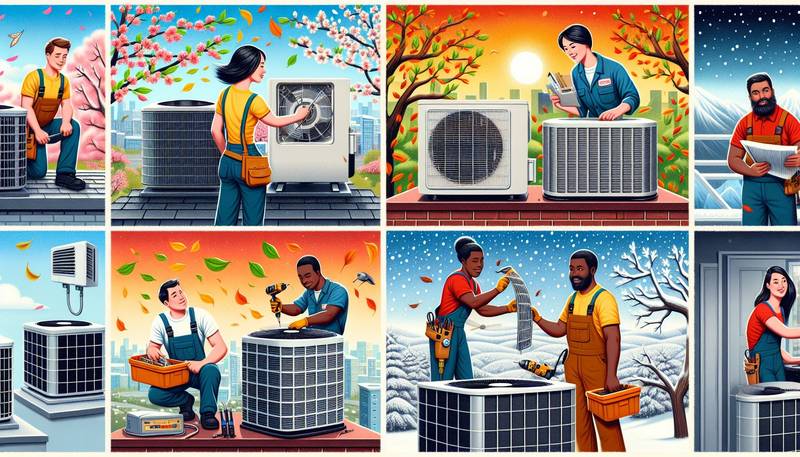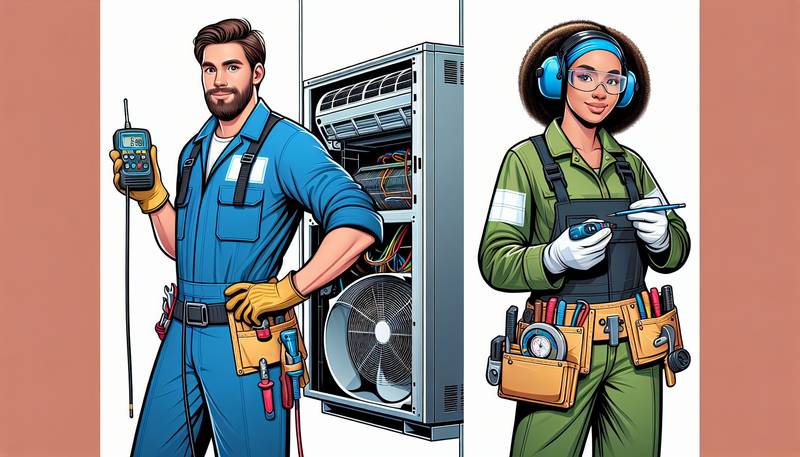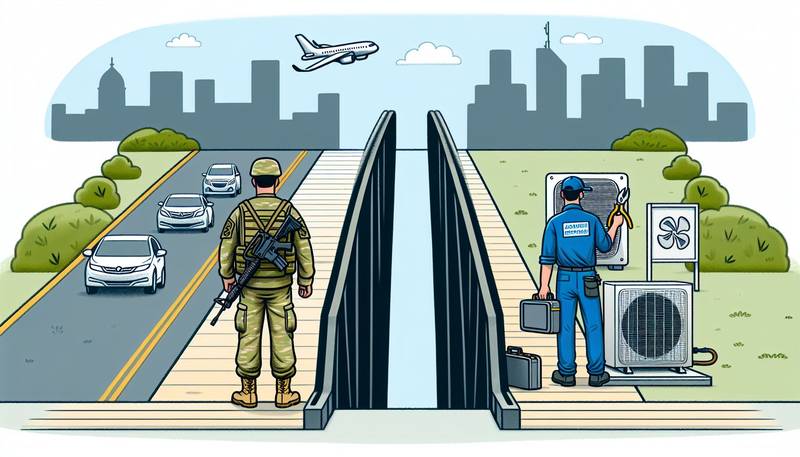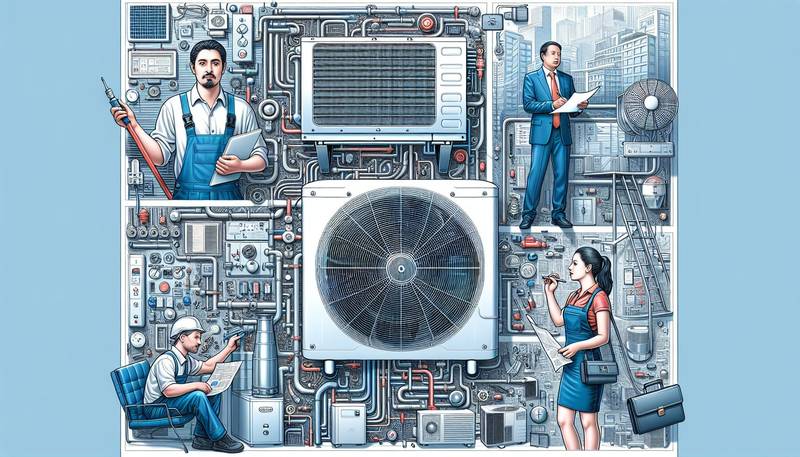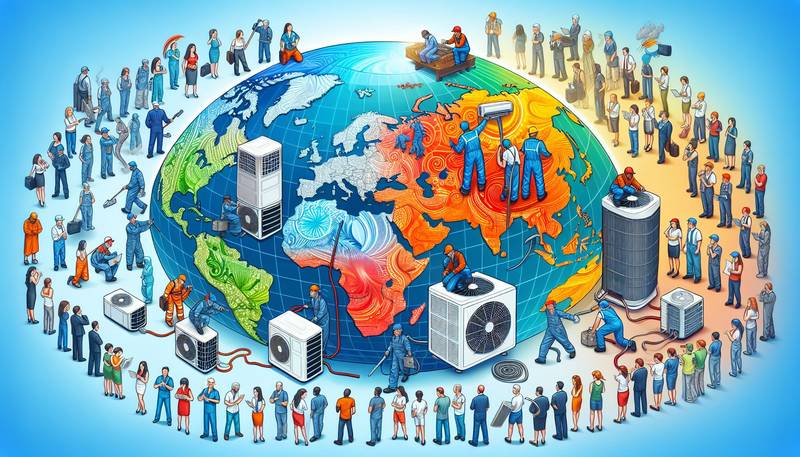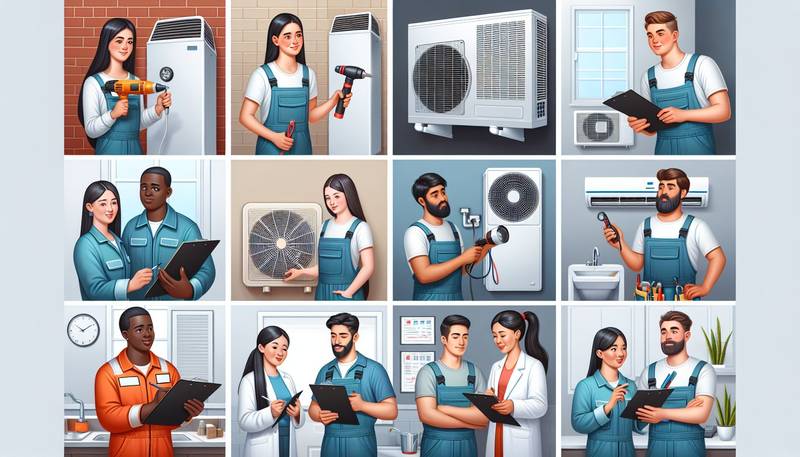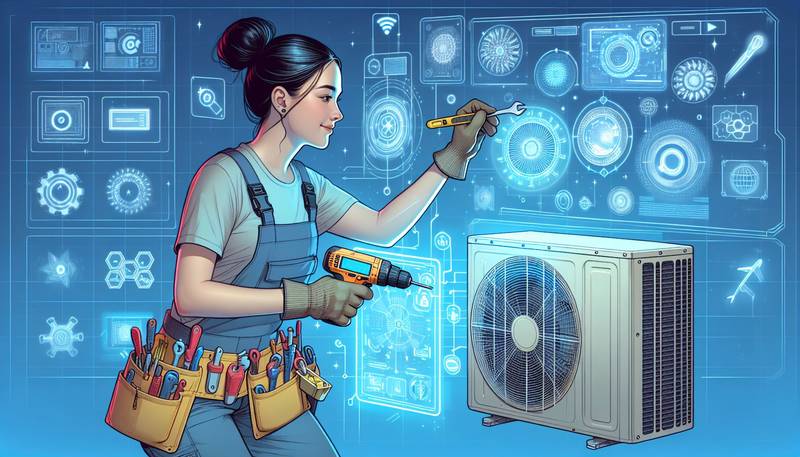Seasons Change: How Seasonality Affects Air Conditioning Jobs
This seasonality can have a significant impact on the air conditioning industry and the jobs within it.
Summer Surge: Demand for Air Conditioning Technicians
During the summer months, the demand for air conditioning technicians skyrockets as homeowners and businesses rely on their AC units to stay comfortable in the sweltering heat. Air conditioning technicians are needed to install, repair, and maintain these systems to ensure they are running efficiently and effectively.
The increased demand for air conditioning services during the summer months means that HVAC companies are often overwhelmed with service calls. This can lead to longer wait times for customers and put a strain on technicians who are working long hours to meet the high demand.
###Winter Lull: Decreased Need for Air Conditioning Services
In contrast to the summer months, the winter season can bring a significant decrease in demand for air conditioning services. Many homeowners and businesses may not use their AC units at all during the winter, leading to a decrease in service calls for air conditioning technicians.
During the winter lull, air conditioning technicians may find themselves with less work and fewer opportunities for overtime. This can have a financial impact on technicians who rely on steady work throughout the year to make a living.
Seasonal Fluctuations: Balancing Workload and Income
The seasonal fluctuations in demand for air conditioning services can present challenges for HVAC companies and their technicians. Companies must find ways to balance their workload throughout the year to ensure they can meet the high demand during the summer months while also staying busy during the slower winter season.
For air conditioning technicians, the seasonality of the industry can have an impact on their income and job security. During the summer months, technicians may be able to take on extra jobs and work overtime to boost their earnings. However, during the winter lull, they may need to find other sources of income or save money to make up for the decrease in work.
###Adapting to Seasonality: Diversifying Services and Skills
To navigate the seasonality of the air conditioning industry, HVAC companies and technicians may need to adapt and diversify their services and skills. Offering additional services, such as heating repairs or indoor air quality solutions, can help companies stay busy during the winter months when demand for air conditioning services is low.
Technicians can also benefit from expanding their skill set to include certifications in other HVAC specialty areas, such as refrigeration or commercial HVAC systems. This can make them more marketable and in-demand throughout the year, regardless of the season.
Conclusion
The seasonality of the air conditioning industry presents both challenges and opportunities for HVAC companies and technicians. By understanding and preparing for the fluctuations in demand throughout the year, companies can better manage their workload and technicians can ensure a more stable income. Adapting to seasonality by diversifying services and skills can help air conditioning professionals thrive in a changing industry.
